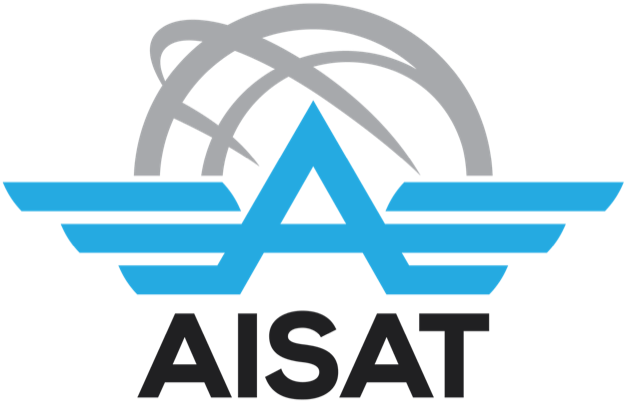December 15, 2024
by Jon Lorence Panelo
As an institution that promotes inclusivity, AISAT conducts psychological first-aid training for faculty and staff to distinguish usual symptoms from stressful ones. The training emphasizes that the school’s role is intervention, not treatment. Held last December 12, 2024, the training was attended by around 60 AISAT faculty and staff from the IDT department, mixed faculty, aviation faculty, general education faculty, and admin department. Facilitated by the AISAT guidance office led by Ma’am Maria Cecilia Santander, the training invited Dr. Rachelle Bersamin as the resource speaker.
The training proper started with an introduction that the world is getting riskier, with 70% of people globally experiencing traumatic events during their lifetime. Dr. Rachelle then presented the different types of disasters along with a photo for the audience to describe the experience of people in stressful situations. She then highlighted the importance of providing support during distress by identifying the need in the situation, being moral, and having the will to extend help to other people. Moving toward the topic proper, psychological first aid integrates two conceptual and practical foundations: psychological crisis intervention and physical first aid. Psychological crisis intervention is resilience-oriented and is guided by the three principles of proximity, immediacy, and expectancy. Meanwhile, physical first aid trains laypeople, similar to how AISAT’s faculty and staff are trained in psychological first aid, as the school is at the front line of mental health awareness.
Moreover, psychological first aid is supportive and compassionate, wherein psychological first aiders must stabilize, mitigate acute distress, and facilitate access to continued care if needed, such as a referral to a psychiatrist. Dr. Bersamin then discussed that psychological first aid provides practical care, assesses needs, addresses basic needs, listens and comforts, connects people to information, protects from harm, and makes people feel more valued. The core competencies of psychological first aid include stabilization, assessment, triage, supportive communication, acute intervention, and facilitating access to continued support. After this, Dr. Rachelle mentioned that there is a need to provide psychological first aid as it is a valuable tool to support people in need by reducing their initial distress. Psychological first aid is usually provided to injured survivors shortly after a stressful event, which is the priority as guided by the population exposure model.
Additionally, after a lunch break, Dr. Bersamin proceeded to talk about the psychological consequences of trauma, which include PTSD, depression, anxiety, panic disorder, substance use disorder, and psychophysiological stress reactions. PTSD, or post-traumatic stress disorder, is the exposure to actual or threatened death with the element of shock causing distress and dysfunction. Meanwhile, depression is a major disorder causing an unregulated and depressed mood. Moreover, anxiety is caused by a highly defined specific stimulus. On the other hand, panic disorder is recurrent and disabling. Further, substance use disorder involves self-medication that is continually used despite being problematic to the human body. Lastly, psychophysiological stress reactions are the body’s fight-or-flight responses to any demand.
As the talk ended, Dr. Rachelle stated that it is important to give information as having the knowledge enhances the ability to mitigate adverse reactions. To conclude her talk, Dr. Bersamin presented the RAPID model, which guides the application of psychological first aid, consisting of rapport, assessment, prioritization, intervention, and disposition. As an application of the learnings, the AISAT faculty and staff were split into small groups and were tasked to role play by performing psychological first aid to a typhoon victim. The training ended with a photo opportunity of the AISAT faculty, staff, and Dr. Rachelle Bersamin. Through psychological first-aid training, AISAT is at the forefront of promoting mental health awareness. Here at AISAT, we help you let your dreams take flight!

